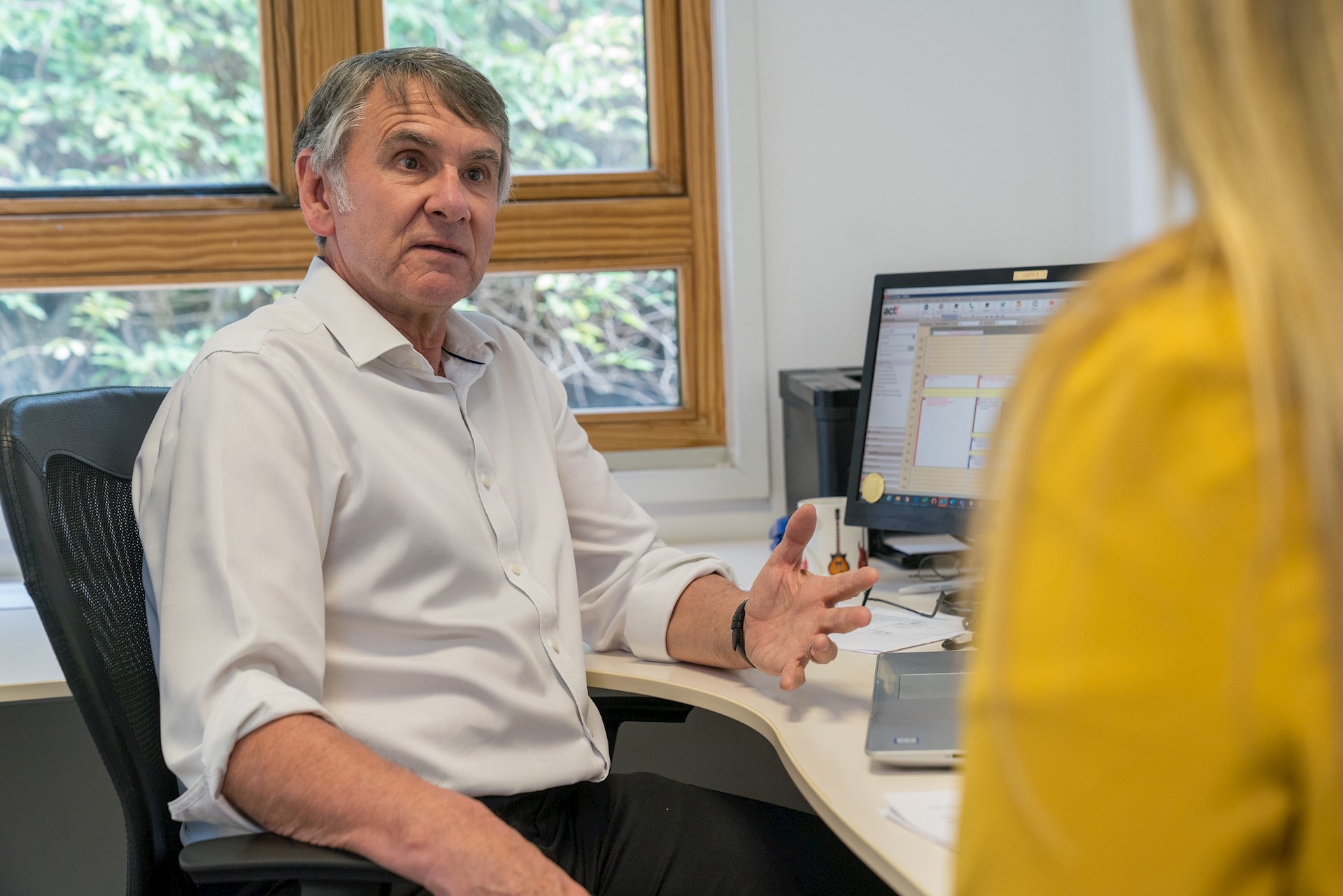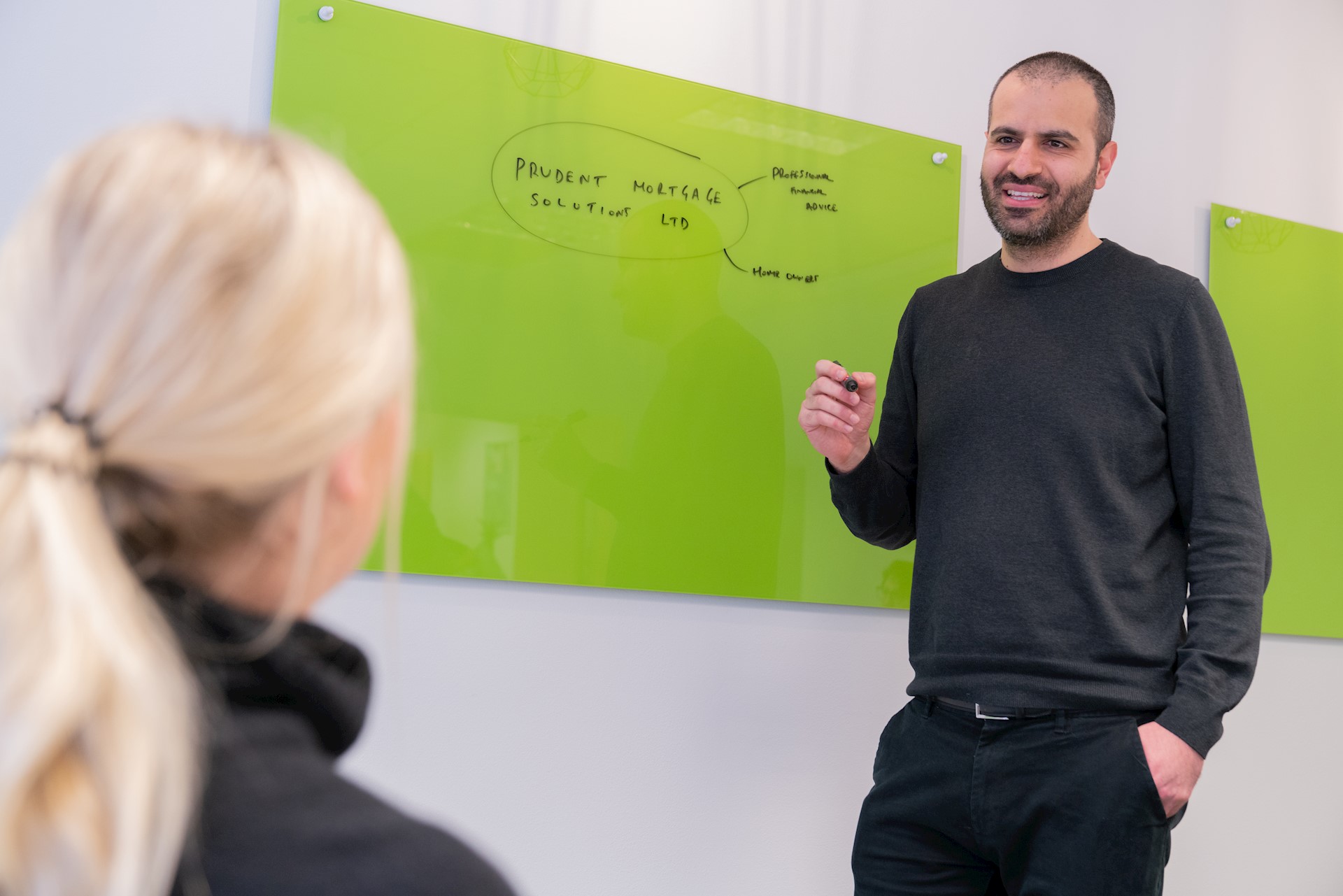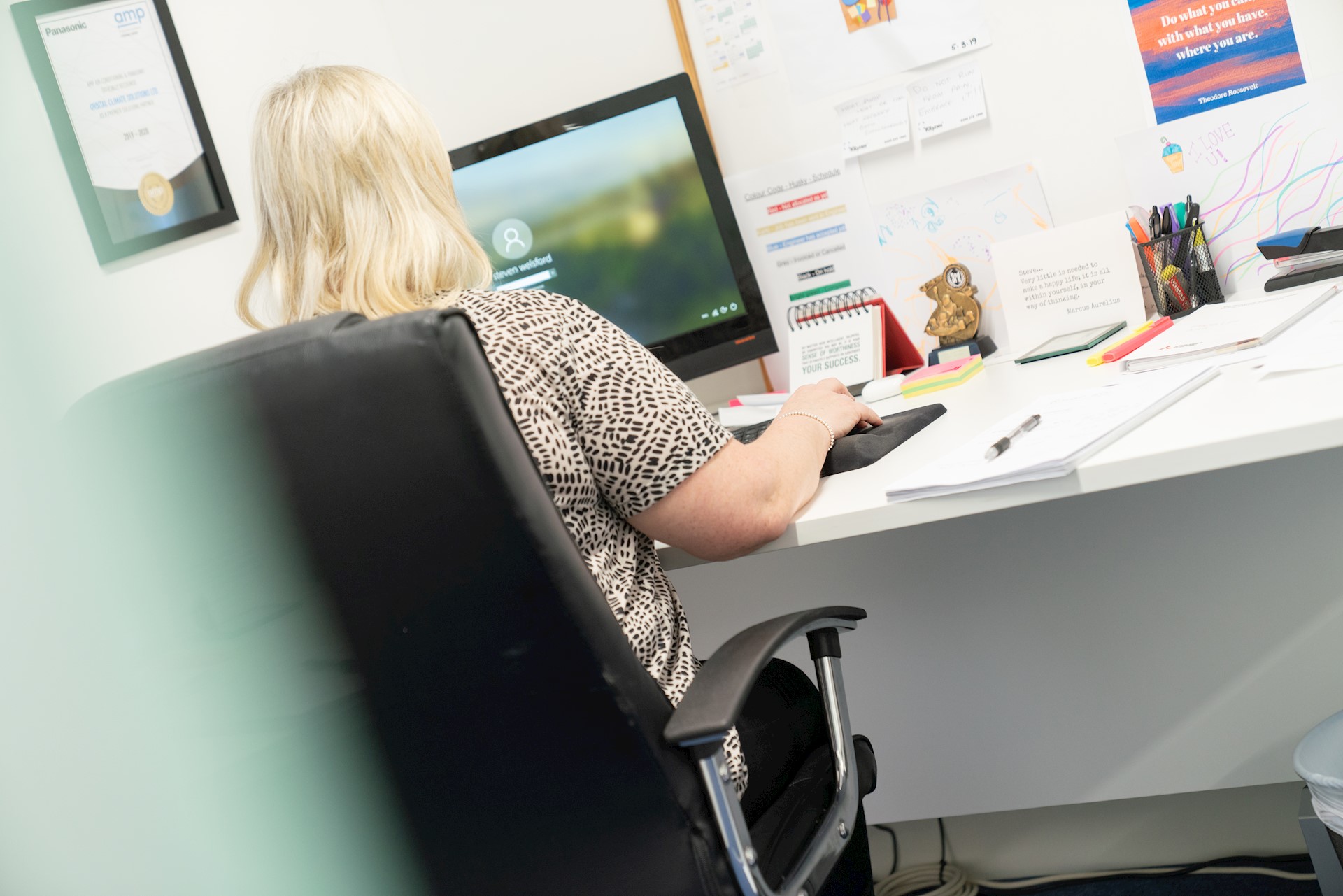Patents step 2 - Confidentiality and seeking professional advice
3 minute readPatents are one of many different ways to protect your intellectual property. The process of patenting your invention is long and complex, and there are no guarantees that you will secure the eventual patent, without professional assistance, only 1 in 20 applicants successfully receive a patent. You will also have to fund any legal action to defend your patent.

Confidentiality

The most common mistake made by inventors is to reveal their invention before applying for a patent. If you have made your invention public, you could lose the possibility of being granted a patent.
This could be by talking to people, giving a demonstration, taking out an advert, or being featured in an article, in a newspaper or magazine, or in any other way.
If you need to talk to someone before you apply, such as a potential business partner or manufacturer, you should ask them to sign a confidentiality agreement first, also known as a non-disclosure agreement. This means they have to treat what you tell them in confidence. A solicitor or patent attorney can prepare this type of agreement for you.
Any conversation you have with a patent attorney or solicitor is confidential, so anything you say will not count as revealing your invention early.
During the application process, you may be contacted by invention promotion companies. If you are, be very careful what you agree to.
Seek professional advice

Getting a patent is not a guarantee of business success. Deciding whether to apply for a patent should form part of your business planning.
We strongly recommend you seek professional advice from a patent attorney or other professional IP advisor before deciding whether a patent is the right protection for your invention.
For Patents step 3 click here
Source: GOV.UK
Contains public sector information licensed under the Open Government Licence v3.0.
Got a business question?
We're here to help. Get in touch.
Book your free appointment below:
